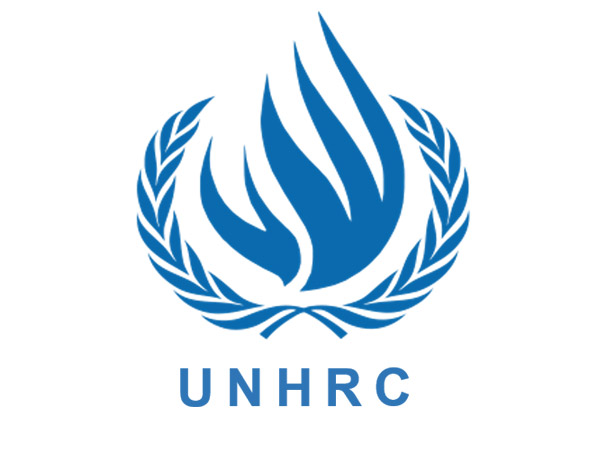ISLAMABAD, Mar 22 (APP):In a seminar held on the sidelines of the 55th session of the United Nations Human Rights Council (UNHRC), speakers hailing from various backgrounds expressed grave concerns over the gross violations of basic human rights of wome
n and children around the world especially in conflict hit regions like Kashmir and Palestine.
The seminar, hosted by International Muslim Women Union, was addressed by noted international law experts, political, social and rights activists including Mary Scully, Dr. Shazia Anwar Cheema, Dr. Asma Shakir Khawaja, Misbah Mukhtar, Ayesha Rafiq and others. Whereas the event was moderated by Kashmiri rights activist Shaista Safi, received a press release here.
While shedding light on the denial of fundamental rights and freedoms to wome
n and children, the panelists said
that gender inequality and lack of empowerment of women was a serious and entrenched problem in many developing countries.
Referring to the endless suffering of wome
n and children in Kashmir Palestine, they pointed out
that apart from gender inequality problems the continued unrest in both the disputed regions have had a devastating impacts on the lives of wome
n and children.
The heart wrenching incidents taking place in Kashmir and Palestine over the past severa
l decades have left indelible scars on both the societies, with wome
n and children in particular suffering disproportionately.
“Violence, displacement, and constant grief have severely affected their physical, mental, and emotional well-being”, they said adding
that among the multiple forms of abuse they face, sexual violence stands out as a particularly egregious assault, leaving a legacy of suffering embodied by rape survivors.
Referring to Article CRC and CEDAW, the speakers said, “ These international covenants provide an effective mechanism for addressing the human rights of the wome
n and childre
n and realizing the rights they are entitled to.”
He said
that it is very unfortunate
that India and Israel have blatantly violated international agreements
that call upon States to take measures to ensure the protection of childre
n and eliminate discrimination against women.
They asserted
that gender equality was an essential part of the international law and UDHR , which was adopted by the UN General Assembly on 10 December 1948. The speakers said
that gender equality was at the very heart of human rights and United Nations values. “Gender-based discrimination is prohibited under almost every human rights treaty”, the speakers said.
Underlining the dire situation faced by wome
n and children, the speakers lamented
that violence against wome
n and children was p
ersistent and systematic in Kashmir, Palestine and other disputed territories.
“The weaponization of sexual violence in the conflict hit regions is an egregious reality
that has largely escaped the attention of local and international observers”, the said.
“The prevalence of psychiatric disorders has risen sharply due to the ongoing conflict”, they said, adding
that wome
n and girls live in constant fear of abductio
n and assault by the occupation forces.
Referring to the plight of Kashmiri women, they said
that women have been the worst victims of Indian state terrorism in Kashmir.
They said
that the Kashmir conflict had rendered over 23, 000 women widowed since 1989. The Indian troops, they said had been involved in sexual harassment of women.
Kunanposhpora mass rape, Shopian double rape and murder, and Kathua rape-and murder of an 8-year-old girl, they said, were shocking examples of the extreme brutality of the Indian forces’ personnel
that continue to bruise heartfelt and minds of the Kashmiri people.
About the heavy toll the Kashmir conflict has inflicted on children, the speakers said
that since 1989 tens of thousands of children have been orphaned in the Indian held territory.
Stressing the need for promoting women’s human rights and achieving gender equality, they said
that it was high time
that the world human rights organizations should focus on the issues the wome
n and children have been facing in Kashmir and others trouble hit regions.
They said
that wome
n and children deserve equal enjoyment of all human rights, including freedom from violence, sexual and reproductive rights, access to justice, socio-economic equality, and participation in decision-making.
